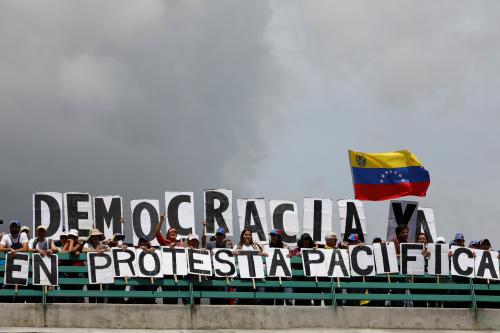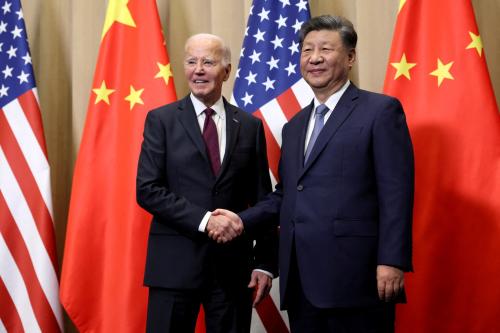 Executive Summary
Executive Summary
Referendums are often seen as a tool that empowers populist authoritarians. Globally, democratic backsliding has coincided with increased use of popular votes. However, any relationship between democratic deconsolidation and the rising numbers of referendums is often asserted without being explored. It is not clear whether referendums are an effective mechanism of choice for illiberal leaders.
Turkey and Mexico provide examples of how would-be authoritarians can use referendums to undermine liberal democracy. In Turkey, systemic changes to liberal institutions and practices have been punctuated by constitutional alterations enacted through referendums. In Mexico, recent popular consultations have been staged to legitimate the policy preferences of the new president. Despite poor organization and dismal turnout for the consultas, the Mexican administration has used these votes as permission to take a series of controversial actions. Although these cases demonstrate archetypical ways referendums could undermine democracy, gradually rolling back liberal institutions and bypassing the legislature, these are not straightforward examples. Nor are these patterns typical for states in which democracy is most at risk.
This paper looks at whether populists and authoritarians are actually using referendums to try to extend their power and rid themselves of liberal constraints. It finds that it is doubtful that referendums play a key role in democratic decline, but that variation is considerable across regions.
In Europe, states with long-standing traditions of organizing national referendums, like France, Italy, and Ireland do also have strong populist movements. However, recent growth in European populism has taken place in states that have less direct democracy. Moreover, Brexit aside, referendums have been largely ineffective mechanisms for European populists to make systemic change or enact controversial policies. In Africa, referendums have played a critical role in advancing electoral authoritarianism, in particular by extending presidential terms and eliminating term limits. In Europe, voters and institutional constraints have helped to limit the impact of populist referendums. In contrast, African referendums in transitions toward authoritarianism have passed with high levels of voter approval.
Direct democracy is increasingly a normal feature of healthy democratic systems, rather than a bug that endangers liberalism. Referendums may function as a part of the system of institutional checks and balances that maintain liberal order, or they can undermine it. Central to distinguishing between these roles are the institutional constraints on referendums and the political context in which they are deployed.
The Brookings Institution is committed to quality, independence, and impact.
We are supported by a diverse array of funders. In line with our values and policies, each Brookings publication represents the sole views of its author(s).












